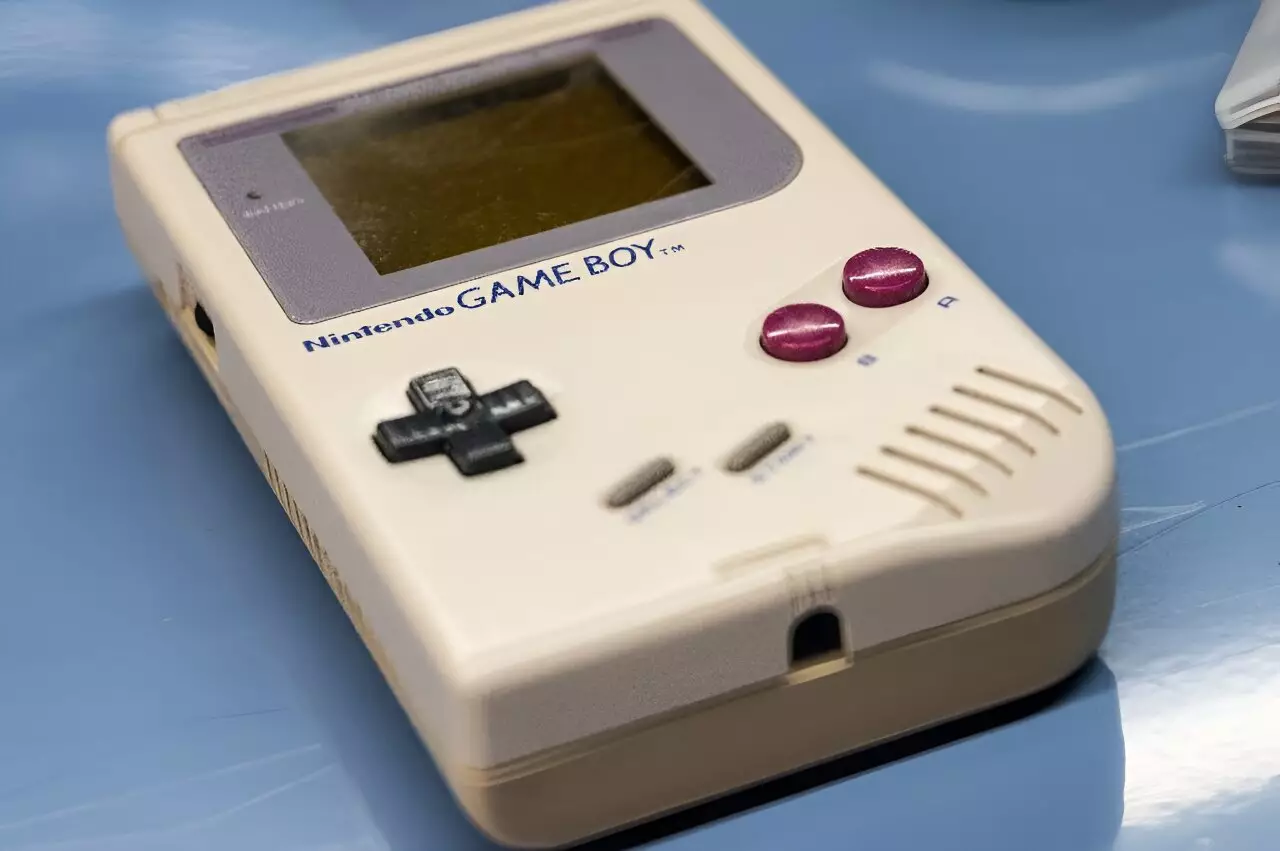Video gaming has evolved remarkably since the inception of consoles in the 1970s. Today, the gaming landscape is a multi-billion-dollar industry, with consoles being the centerpiece of the gaming experience for millions worldwide. From the early days of simplistic graphics to intricately crafted worlds, the technological progression has left an indelible mark on the cultural fabric of society. This article delves into the most influential gaming consoles throughout the years, highlighting their unique features, commercial success, and the cultural phenomena they spawned.
The release of the PlayStation 2 (PS2) in 2000 marked a watershed moment in gaming history. The sheer volume of units sold, nearly 160 million according to some estimates, underscores the console’s widespread appeal. Its success can be largely attributed to a combination of backward compatibility and the ability to play DVDs, factors that resonated with both gamers and non-gamers alike. Initially criticized for a lackluster game library, the PS2 soon transformed into a powerhouse because of blockbuster titles like “Grand Theft Auto” and “Final Fantasy.”
Moreover, the PS2’s emergence as a multitasking entertainment hub was revolutionary, and it sported a library of games that catered to various demographics. This democratization of gaming significantly expanded the player base, fostering a community that transcended age and skill level. The game-changing aspects of the PS2 effectively laid the groundwork for the future of interactive entertainment, breathing new life into an industry that was teetering on the brink of stagnation.
From the expansive capabilities of home consoles to the intimate feel of handheld gaming devices, Nintendo’s innovations such as the Game Boy and the Nintendo DS represented a seismic shift in how games could be consumed. The Game Boy, launched in 1989, brought iconic titles like “Tetris” and “Super Mario Land” into the palms of players, selling over 118 million units worldwide. It initiated a new era where gaming could be enjoyed on the go, paving the way for future handheld devices.
The Nintendo DS, released in the mid-2000s, took things a step further with its dual-screen setup and a diverse catalog that included beloved franchises like “Mario” and “Zelda.” Its unique design and interactive gameplay provided a fresh experience, and hits like “Nintendogs” captivated audiences with their novelty. With sales surpassing 154 million, the DS etched its place in history as a transformative device that blended innovation with accessibility, drawing in both casual players and hardcore enthusiasts alike.
Arriving at the forefront of modern gaming culture, the Nintendo Switch redefined how games were experienced. Released in 2017, the hybrid console offered the freedom to switch between handheld and home gaming, thereby addressing a diverse audience’s needs. As a versatile console, it solidified itself through critically acclaimed titles during turbulent times, particularly with the release of “Animal Crossing: New Horizons” amidst the COVID-19 pandemic.
The Switch capitalized on the necessity for social interaction during isolation, drawing players into its whimsical world, pushing sales to an impressive 143.4 million units by mid-2023. It wasn’t just about selling consoles; it catered to an emotional need for connection in uncertain times, showcasing the powerful impact games can have on societal well-being.
While the PS2 paved the way, the legacy of the PlayStation series persisted with the PlayStation 4 (PS4). Released in 2013, the PS4 quickly gained traction, selling 117 million units by 2022. Its mastery lay in a finely-tuned mix of hardware, extensive library, and well-crafted exclusives. Titles like “Marvel’s Spider-Man” and “The Last of Us” showcased cinematic storytelling combined with immersive gameplay, establishing the PS4 as a formidable competitor against Microsoft’s Xbox series.
The dominance of PlayStation, enhanced by noteworthy sequels and cross-media adaptations, has solidified its status as a titan in the gaming industry. It not only set benchmarks for hardware specifications and online capabilities but also deepened the engagement of its community through events and social channels.
The impact of gaming consoles goes beyond mere entertainment; they have shaped cultural narratives and fostered communities. Each console represented not just a technological advancement but also a response to societal trends, illustrating the extraordinary relationship between video games and player experiences. As the gaming industry continues to evolve, so too will the stories and innovations that define it—something that gamers and innovators alike eagerly await. Through ongoing innovation and creativity, the future of gaming promises to be as exciting as its storied past.


Leave a Reply